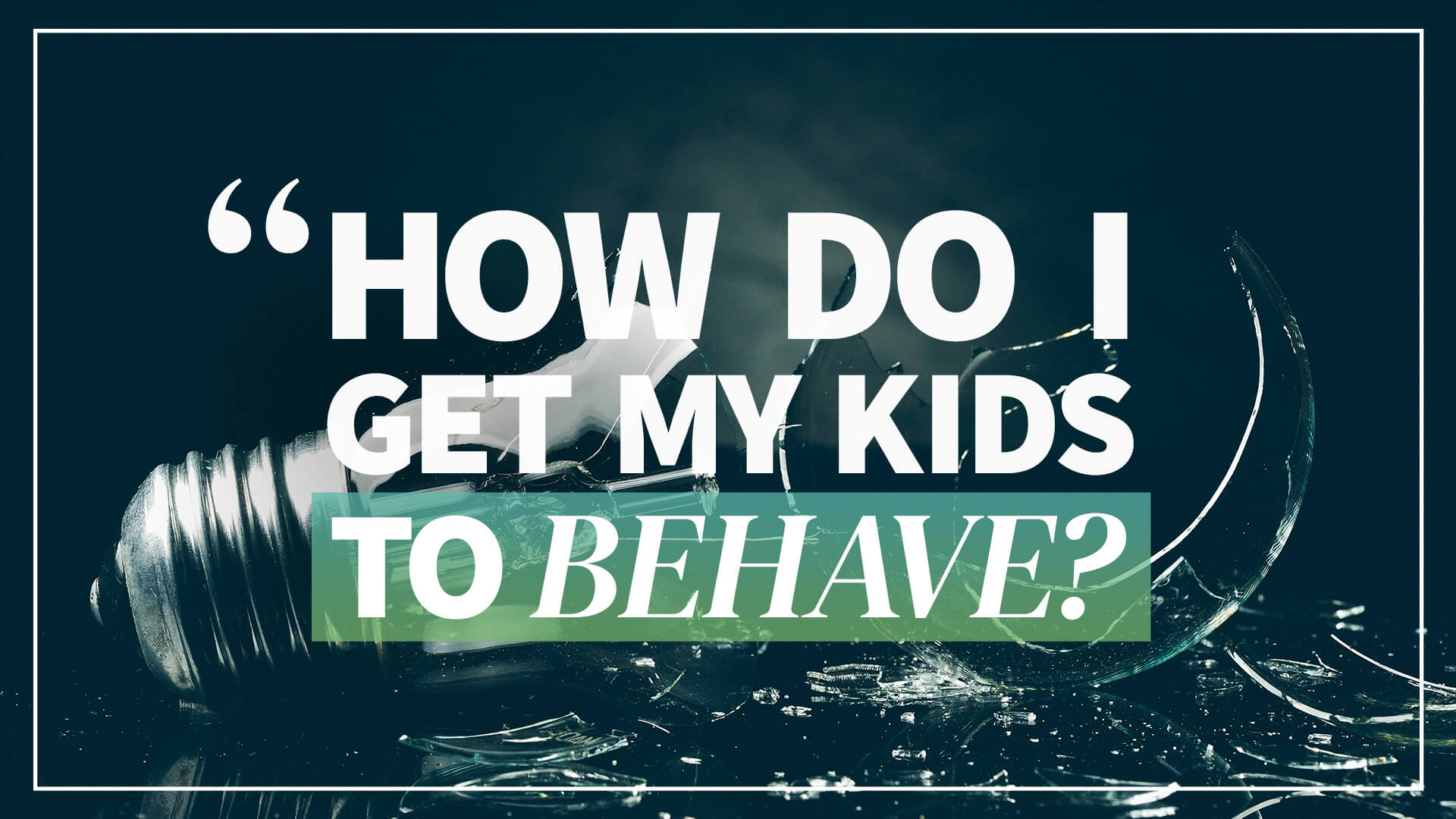
As a family therapist, I’ve been asked some version of this question many times throughout the years. Sometimes it’s framed as a request for tools, strategies, “tips and tricks,” or general methods for eliciting cooperation; sometimes it’s a plea for help.
Sixteen years ago, when I began working with children and families, the predominant approach to parenting was behavioral—punish undesirable behaviors and reward desired ones.
To curb unwanted behavior, parents were taught strategies which included ignoring, withholding affection, removing privileges, administering time-outs, or assigning unpleasant tasks as a form of punishment.
On the other hand, if a child behaved in a way that was agreeable to the parent, then she could be rewarded with parental attention, praise, stickers, privileges, or some other token of appreciation.

Some behavioral strategies work in the short term. A child may manage his behavior to avoid being punished or to elicit praise from his parents. The risk though is that children who grow up with this model are often on guard. Their behavior and internal sense of self develops in response to threat and reward rather than developing in a climate of support and emotional safety.
The reward and punishment model didn’t feel intuitively right to me in the beginning of my training as an intern therapist.
However, not having kids of my own at that time, I relied on the “experts” and hesitantly shared their strategies with the parents that I worked with in a county mental health agency.
When I became a parent, I experienced how sacred the relationships with my children are. And thankfully, I also sought out other perspectives on raising children that focused on emotional attunement, mindful connection, and secure attachment rather than on behavior management.

Relationships Over Strategies
When I teach mindful parenting classes, I ask the participants to imagine the qualities and characteristics that they’d like their children to have when they’ve reached adulthood. The parents in my classes are invited to call out their desired characteristics for their kids as I write them on a poster board at the front of the room.
Over the years of teaching this course, parents most often share that they want their kids to grow up to be kind, generous, patient, compassionate, empathetic, loving, joyful, confident, respectful, and to live with integrity.
I invite the parents in my classes to reflect on the qualities I’ve written down while I share this quote from the anthropologist, Ashley Montagu:
The child learns to become the kind of human being that he or she has experienced.
If we want our children to be kind, loving, and respectful, for example, they need to experience kindness, love, and respect from us. It’s not enough to say that we value these qualities; our children learn from our actions, not merely our words.

Time to Reflect
If there’s a particular behavior or dynamic in your family that’s challenging right now, try to see the challenging behavior as a communication of a feeling or need. Sometimes disruptive behaviors are rooted in feelings of fear, powerlessness, or shame.
What if we were to help our children heal those underlying sources of pain rather than implement one more consequence or punishment? In my clinical experience, challenging behaviors reduce over time when a child feels seen, heard, understood, valued, and respected: in a word, validated.
The behavioral approach is problematic in that it assumes that if we want our kids to do better, first we must make them feel worse.
When children feel secure in their connection with us and sense our unconditional love for them, they have the capacity and willingness to engage in more cooperative and flexible behavior.
Likewise, when adults are treated with respect, empathy, and kindness, they’re more cooperative and flexible, too. It should come as no surprise to us that kids are similarly motivated and desire to be treated with the same consideration.
Unlike behavioral strategies, the mindful approach doesn’t rely on manipulation to elicit prosocial behaviors. Mindful parenting nurtures emotional safety and secure attachment in families which make cooperation, communication, family teamwork, and bonding a source of enjoyment and emotional fulfillment.
